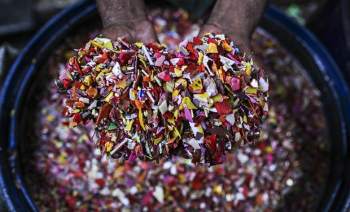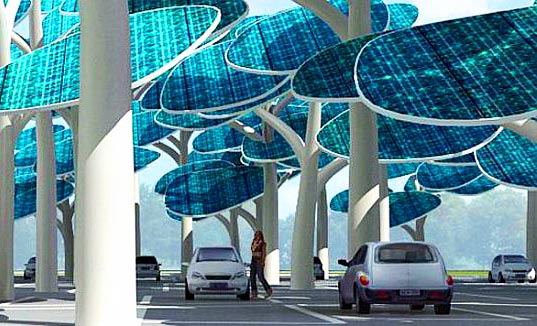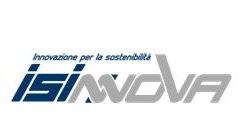Circular Economy
What is a circular economy?
A circular economy represents an alternative to the linear take-makeconsume-dispose economic model that currently predominates. The Ellen MacArthur Foundation defines a circular economy as one that is restorative, and one which aims to maintain the utility of products, components and materials and retain their value.
It thus minimises the need for new inputs of materials and energy, while reducing environmental pressures linked to resource extraction, emissions and waste. This goes beyond just waste, requiring that natural resources are managed efficiently and sustainably throughout their life cycles. A circular economy thus provides opportunities to create well-being, growth and jobs, while reducing environmental pressures. Eco-design, repair, reuse, refurbishment, remanufacture, product sharing, waste prevention and waste recycling are all important in a circular economy.

Read more Circular Economy Trends
Relevant Examples







